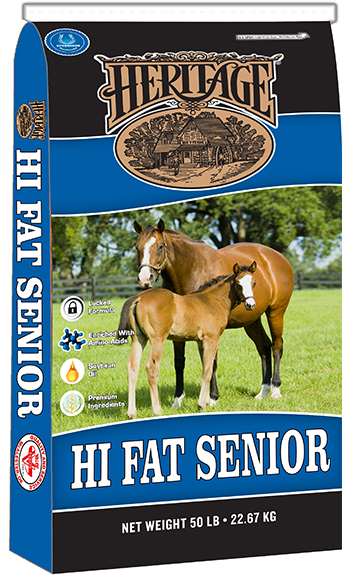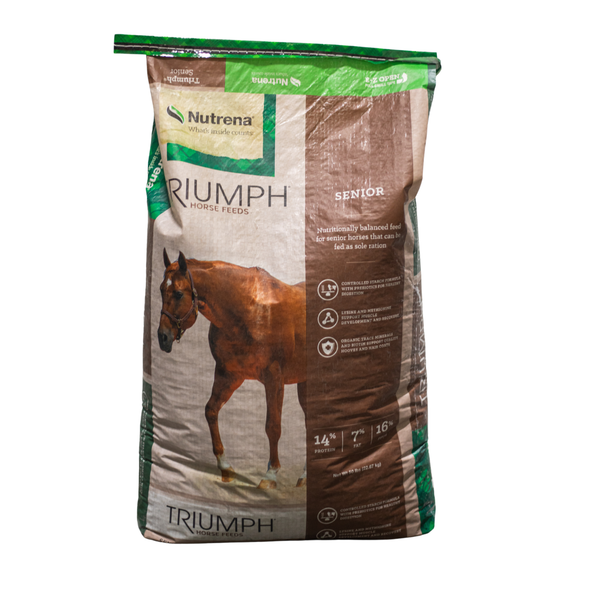Feeding Tips for Senior Horses: A Comprehensive Guide

Caring for senior horses requires special attention, especially when it comes to their diet. As horses age, their nutritional needs change, and proper feeding can significantly impact their health, longevity, and quality of life. This article provides detailed feeding tips for senior horses, including dietary adjustments, common challenges, and practical advice.
Why Senior Horses Need Special Feeding Considerations
As horses grow older, their digestive efficiency decreases, dental issues become more common, and their metabolism slows down. These changes necessitate a tailored feeding approach to ensure they receive adequate nutrition without causing digestive upset or weight loss.
Key Nutritional Needs for Senior Horses
| Nutrient | Importance | Sources |
|---|---|---|
| Protein | Supports muscle maintenance and repair | Alfalfa, soybean meal, beet pulp |
| Fiber | Essential for digestive health | Hay, pasture grass, beet pulp |
| Fat | Provides concentrated energy | Vegetable oils, rice bran |
| Vitamins & Minerals | Support immune function and bone health | Fortified feeds, supplements |
| Water | Critical for hydration and digestion | Fresh, clean water always available |
Feeding Strategies for Senior Horses
- Regular Dental Care: Ensure teeth are checked and floated regularly to prevent chewing difficulties.
- Feed Small, Frequent Meals: Helps with digestion and prevents choke or colic.
- Use Senior-Specific Feeds: These are formulated to be easily digestible and nutrient-dense.
- Soften Feed: Soaking hay cubes or pellets can aid horses with dental problems.
- Monitor Body Condition: Adjust feed amounts based on weight and health status.
Common Challenges and Solutions
| Challenge | Solution |
|---|---|
| Poor Teeth Condition | Provide soaked feeds, dental care |
| Weight Loss | Increase calorie density, add fat sources |
| Decreased Appetite | Offer palatable feeds, feed smaller meals |
| Digestive Sensitivity | Use high-fiber, low-starch diets |
Sample Daily Feeding Schedule
| Time | Feed Type | Notes |
|---|---|---|
| Morning | Senior feed + hay | Soak feed if needed |
| Midday | Pasture grazing | Monitor intake |
| Evening | Hay + supplements | Adjust based on condition |
Frequently Asked Questions (FAQ)
Q1: How can I tell if my senior horse is getting enough nutrition?
A: Monitor body condition score regularly, watch for weight loss, and consult your vet for blood tests if needed.
Q2: Should I change my horse’s diet as soon as it turns 15?
A: Not necessarily. Age is a guideline, but feeding changes should be based on health, dental condition, and body condition.
Q3: Can senior horses eat the same hay as younger horses?
A: Often yes, but older horses may need hay that is softer or more digestible, such as alfalfa or mixed grass hay.
Q4: Are supplements necessary for senior horses?
A: Supplements can help address specific deficiencies but should be used under veterinary guidance.
Proper feeding is a cornerstone of senior horse care. By understanding their unique needs and adjusting their diet accordingly, you can help your senior horse enjoy a healthy and comfortable life.
This article is designed to provide horse owners with practical, actionable feeding tips to support the health and well-being of their senior horses.
